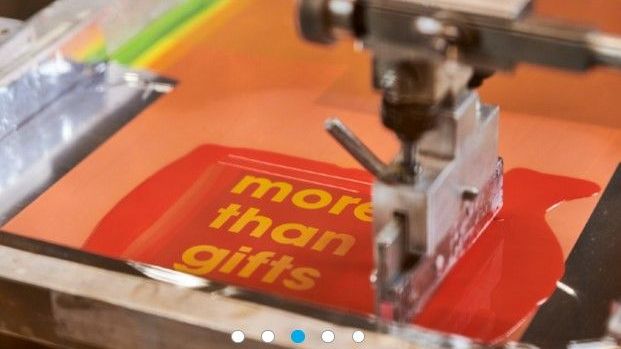What is Green Marketing?
How marketing is going eco-friendly and how you can too.

Whilst we could argue that taking a stance on the environment, ensuring products are from sustainable sources and not contributing to global warming, is morally right, there is another reason to consider your environmental position: Profit.
Not only do environmental credentials make a product more attractive to a consumer but according to research agency Nielson, consumers are willing to pay more. The 2014 Nielsen Global Survey on Corporate Social Responsibility polled 30,000 consumers from 60 countries to determine statistics on consumer preferences for sustainable purchasing, and found that:
- 55% of consumers were willing to pay extra for products and services from companies committed to positive social and environmental impact (up from 45% in 2011)
- 52% made at least one purchase in the past six months from at least one socially responsible company
- 52% check product packaging to ensure sustainable impact
These numbers from 2014 are being updated but anecdotally one expects these numbers to significantly rise over the coming years.
Companies and marketers who do not lock into this trend are not only in danger of missing out on a potential competitive advantage but may do serious harm to their brand and brand loyalty. But, this is not a question of changing the packaging and relabeling whilst claiming to be environmentally friendly – not one likes ‘Green wash’.
Greenwashing
The most famous example comes from US company, Coopertone sunscreen, with a "no CFCs" label. Being a chlorofluorocarbon-free product sounds great (you can help save the ozone layer), until you realize that CFC production in the United States had been banned since 1995. The Twittersphere lit up and the brand's image and reputation damaged.
The Green Marketing Mix
PRODUCT
Does the product itself have the best sustainability credentials possible? Is the design and development of new products driven by an environmental perspective. Not every product can be an evangelist but nor should you leave yourself open to obvious criticism. Use recyclable or eco-friendly materials where you can.
PROMOTION
When you are running your marketing campaigns, are you doing so in an environmentally friendly manner? For example, if you're running a direct marketing campaign, try using recycled paper, or leave the direct marketing altogether and go digital. Are you using cheap plastic promotional products? Use eco-friendly promotional gifts, much like the ones we here at Pavilion Earth provide. Have a look at what we can do for your marketing campaigns.
PLACE
Are you being eco-friendly in your stores. The consideration here is not just about how your staff may manage their level of sustainability on site, but also how it might vary with manufacturers. Are you using suppliers that are close by, is your distribution network easy with distribution centres placed at effective locations? Is individual delivery working or would it be more sustainable to deliver to a single location similar to how there are Amazon lock boxes?
PRICE
Yes, you can charge more – but whether you should will come down to old fashioned competitive positioning arguments.
PROCESS
It's not just your materials that need to environmentally friendly but your process too. Are you recycling plastic onsite at the manufacturers? Are you using minimal packaging to deliver your products. Are you providing hybrid company cars? Are you offsetting your carbon with large international deliveries?
Remember when it comes being a brand that cares for the environment, you need to try and makes changes at nearly every station, not just with a recycling bin in the corner.
Share this blog:





